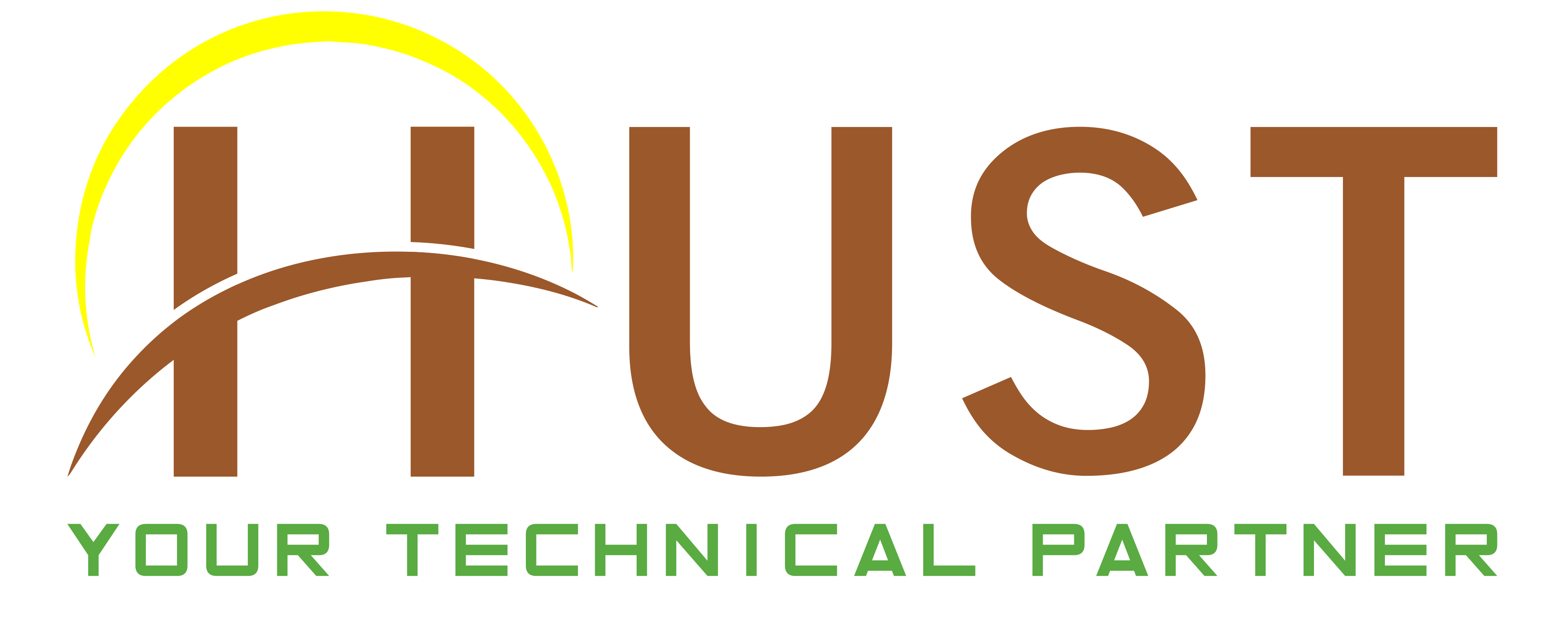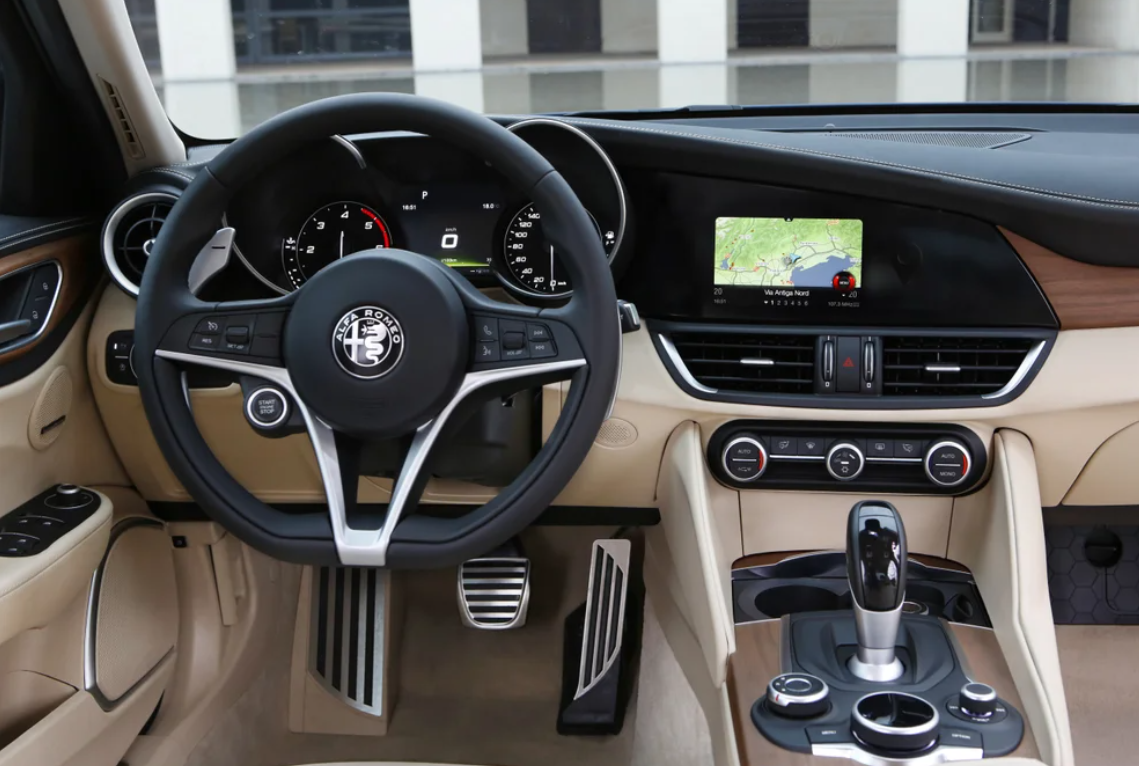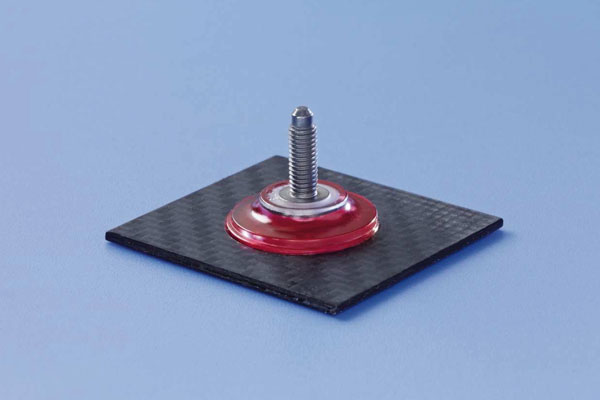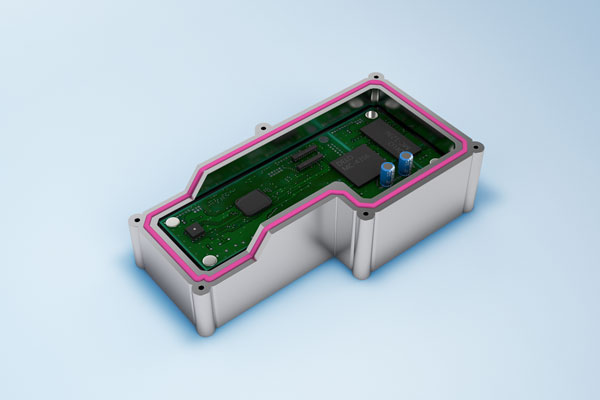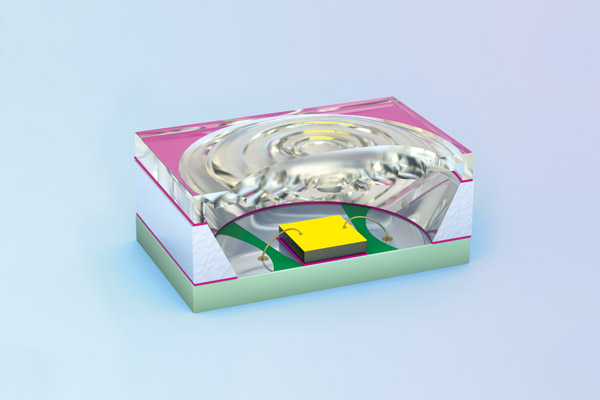
ADHESIVES FOR INTERIOR AND BODY IN AUTOMOTIVE APPLICATIONS
15:40 - 12/08/2021
Customers attach importance to good looks and quality when it comes to interior fittings – and bonding is the joining technique with which attractive connections can be best and most easily achieved. Its strengths with regard to automation capability and fast processes can therefore be fully exploited in interior applications
Cheaper and simpler micro-optics production
Adhesive for chip RFID in the smart card
ICA, ACA and TCA adhesives: Classification and applications
DELO ADHESIVES - HIGH SPEED CARRIER BONDING
| |||
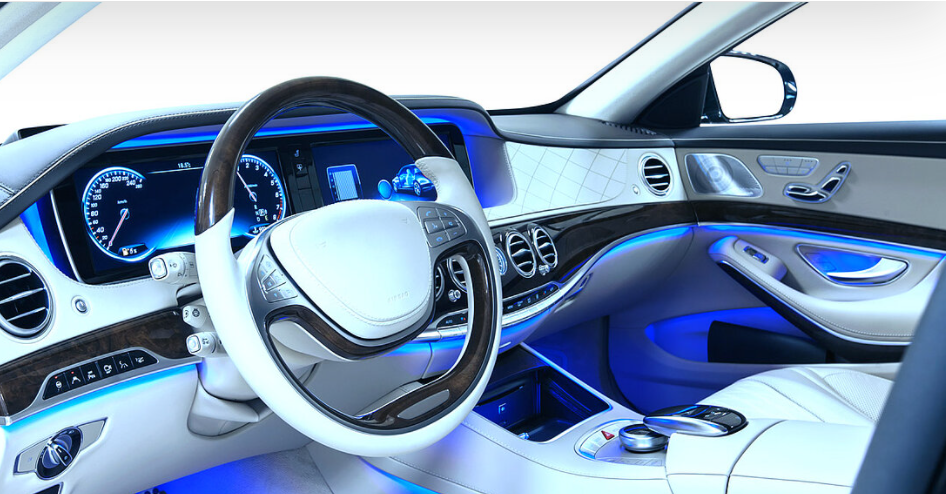 | |||
A large part of the 15 kg of adhesives used in a car goes into the bodywork and related applications. The main prerequisites are high mechanical and chemical resistance. In interior applications, the focus is shifting increasingly to design freedom and production efficiency, which bonding makes possible. Customers attach importance to good looks and quality when it comes to interior fittings – and bonding is the joining technique with which attractive connections can be best and most easily achieved. Its strengths with regard to automation capability and fast processes can therefore be fully exploited in interior applications. | |||
Bonding decorative elements attractively | |||
Decorative elements and trims such as the chrome rings on ventilation slots, real wood trims on doors and steering wheels, and cladding in the dashboard area are bonded. Unlike screws, adhesives are invisible and more reliable than snap fits. DELO adhesives, no matter whether in the form of "normal" liquid adhesives or as liquid pressure-sensitive adhesives – i.e. "liquid tapes" – not only fulfill mechanical and thermal requirements in the interior, they also display their special strengths in the production process. They are therefore also suitable for the most complex geometries and enable a fast light curing process for even opaque materials such as chrome rings. Thanks to what is known as preactivation, the adhesive remains liquid immediately after dispensing and a short irradiation phase so that even opaque components can be joined. After this open time, the adhesive cures within a few minutes without light influence. The process is comparable for liquid pressure-sensitive adhesives. After irradiation, the surface is tacky. Since the adhesive reaches its initial strength immediately after the second component is pressed on, the bonded assembly can be processed directly and without temporary fixing. |
Interior and body in automotive bonding | ||
DELO's interior and decorative element solutions are available both on the basis of more flexible acrylates and of stronger epoxy resins for structural applications. | |||
DELO products properties/strengths | |||
|
| ||
Bonding fastening elements and clamping collars reliably | |||
Components such as cable harnesses, sensor brackets, and attachment components are often fastened with threaded bolts, clamping collars, or snap fits. For metal materials, OEMs favor welded bolts in order to avoid the time-consuming drilling and insertion of screws or rivets. As a flexible alternative, and particularly for fiber composite materials, clamping collars or bolts can also be bonded to base plates. For example, clamping collars for positioning the windshield can be secured with light-curing adhesives. In the so-called ONSERT process, a one-component adhesive is first applied to the fastening element, which is then joined. What is special about this process is its speed. The base of the element is made of transparent plastic, which creates a translucent bonding area and ensures short cycle times. Curing is carried out with an LED lamp in a few seconds and can be fully automated. The resulting connection can withstand loads immediately. Translucent plastics such as PA (polyamide) can also be bonded using light. Structural components can be subsequently fitted with threaded elements or plug-in connections in the shortest of times using ONSERT elements. DELO products properties/strengths:
|
ONSERT process (Figure: DELO) | ||
Silicone-free liquid sealants for all geometries | |||
If a round geometry is to be sealed, rubber or silicone o-rings are generally selected for the task. However, when it comes to more complex shapes, light-curing liquid sealants display their strengths, as they can be easily adapted to any geometry. Another advantage compared to solid sealants is that liquid sealants not only rest on the rough raised areas of the component surface. They, therefore, seal rippled surfaces better and enable larger production tolerances. Unlike slow-curing silicone or polyurethane-based liquid sealants, DELO's light-curing liquid sealants enable high-speed production processes that can be fully automated. These flow-resistant, highly viscous products thus enable the CIPG process. CIPG stands for “cured-in-place gasket”, which means that the liquid sealant cures so fast in the desired position that the entire assembly can continue to be further processed immediately. In addition, as is frequently required in the automotive industry, all DELO products are 100 % free of silicones and other substances that compromise paint wetting. This eliminates any problems in adjacent production processes. |
Creating gaskets for complex shape details | ||
DELO products properties/strengths: | |||
|
| ||
Display bonding in cars: From the cockpit to the control center | |||
Navigation, infotainment, and input screens as well as head-up displays consist of different assemblies that must be permanently connected to each other. Various adhesives can be used for structurally bonding display frames to protective glass, for bonding and sealing displays in housings, for connecting functional components for haptic feedback, and for constructing head-up displays. Applications:
| 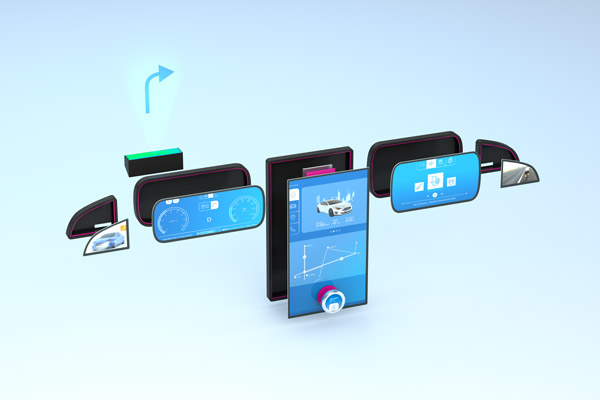 | ||
When integrating displays into assemblies, the most important thing is to create a tension-free and reliable connection between the display glass and the frame as well as between the different materials of retainers, housings, and active components. Something else to consider is the size of the assemblies, which often requires the use of room-temperature-curing adhesives. DELO has developed special adhesives with optimum properties that allow for fast production processes. This range includes DELO PHOTOBOND adhesives that can be preactivated with light and then cured by humidity, thus enabling “curing on demand”. Even opaque components can be bonded quickly and reliably with these products. DELO’s liquid pressure-sensitive adhesives offer another way of bonding display frames. They combine the properties of industrial tapes with the easy and automated processing of liquid adhesives. Typical bonding tasks:
|
Head-up displays | ||
DELO adhesives for LED packaging | |||
LEDs form an important design element in the vehicle interior and create a pleasant atmosphere with their ambient light. They also contribute to improved road safety. LEDs can be used to alert the driver in certain situations. Functional adhesives play a key role in the manufacture of LED packages. They ensure brilliant, homogeneous diode illumination and fast production. DELO has developed a host of suitable products for both first- and second-level packaging. In first-level packaging, the adhesives are applied in the immediate vicinity of the LED semiconductor. In second-level packaging, the adhesives are used to join lenses, cover disks, or housings that are used around the LED module. DELO's adhesive portfolio for optoelectronics includes transparent and low-outgassing, tension-equalizing and electrically conductive adhesives, and die attach to structural bonding. Optical coatings with customized properties regarding transmission, reflection, and absorption, as well as encapsulants to protect sensor packages, are also offered by DELO. Users can choose from products with different curing mechanisms depending on the relevant component geometry or substrate combination. All DELO functional adhesives and sealants in its DELO PHOTOBOND, DELO DUALBOND, and DELO KATIOBOND series are particularly suitable for highly automated high-speed processes with high outputs. Properties of adhesives for LEDs:
|
Semiconductor LED (Photo: DELO) | ||
| |||
(Source: https://www.delo-adhesives.com/us/) | |||
Contact HUST VN for advice and support in choosing the most suitable solution and glue for the application you are interested in...
HUST Vietnam exclusively distributes adhesive products, dispensing machines, UV glue curing lamps, and technology transfer from DELO in Vietnam.
